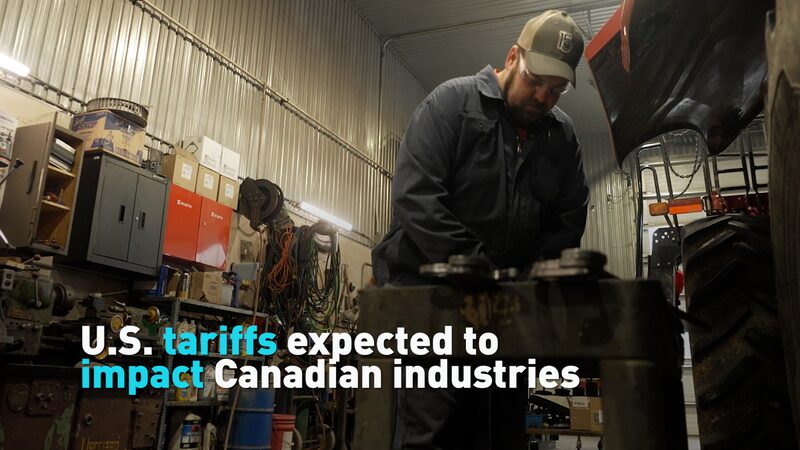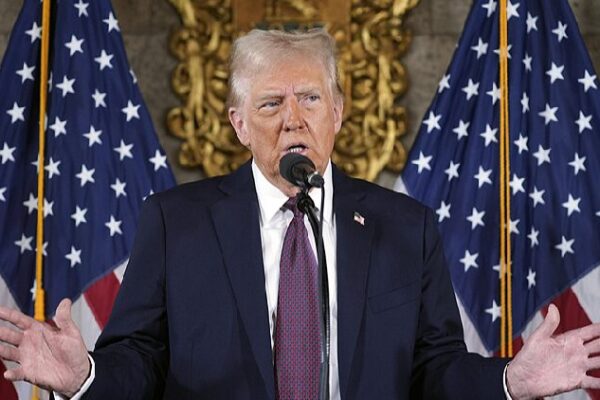Tensions are escalating across North America as the United States prepares to impose new tariffs on Canada and Mexico. U.S. President Donald Trump is expected to enforce these tariffs on Saturday, February 1, citing concerns over trade deficits, border security, and the influx of fentanyl, a powerful synthetic opioid.
This move has sparked fears of a potential trade war within the continent. But what exactly does this mean? Tariffs are taxes imposed on imported goods and services. When a country like the U.S. raises tariffs, it becomes more expensive for companies in Canada and Mexico to sell their products in the U.S. market. This can lead to higher prices for consumers and strained economic relationships.
Industries in Canada and Mexico are bracing for impact. Manufacturing plants, agricultural sectors, and various businesses that rely on cross-border trade could face significant challenges. “The supply chains that link our countries are deeply integrated,” commented a trade expert in Ottawa. “Disruptions could hurt not just our economies but also affect workers and consumers.”
President Trump’s administration points to the trade deficit—the idea that the U.S. buys more from Canada and Mexico than it sells to them—as a key issue. Additionally, concerns over border control and the flow of illegal drugs like fentanyl have been highlighted as reasons for the tariffs.
The potential consequences extend beyond North America. Many countries in the Global South are connected to these economies through trade and investment. Changes in North American trade dynamics could influence global markets, affecting everything from commodity prices to job opportunities abroad.
As the deadline approaches, there’s a mix of anxiety and uncertainty. Will these tariffs lead to a full-blown trade war, or will negotiations prevail? For young people in the Global South and elsewhere, the outcome could shape the economic landscape they grow up in, influencing job prospects and the prices of everyday goods.
The world is watching closely, hoping for solutions that promote cooperation over conflict. The coming days will be critical in determining the future of trade relationships in North America and their ripple effects across the globe.
Reference(s):
cgtn.com








